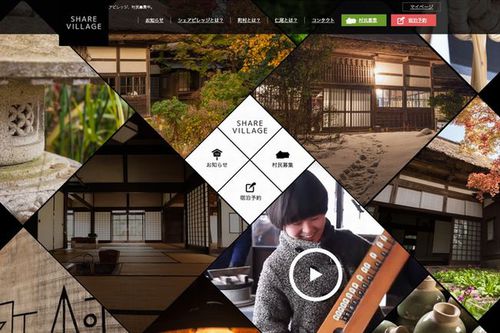JFS Newsletter No.177 (May 2017)

Image by PublicDomainPictures Some Rights Reserved.
Changes in technology are enabling our modes of living to be perceived visually better. At the same time, though, changes in people's sense of values are transforming the times almost imperceptibly.
The Institute for Studies in Happiness, Economy and Society (ISHES), a JFS partner organization, has been conducting surveys on these "almost invisible changes," in order to provide a clear picture of them. During the past several years, the institute has conducted surveys twice asking whether GDP growth is necessary or even possible. The results of those surveys indicate changes in people's sense of values about happiness and well-being, the things that are most important to them, how people work, economic growth, and the desirable state of the economy.
In this issue, we introduce the results of a survey on economic growth conducted in March 2017 by the Edahiro Junko Laboratory, Faculty of Environmental Studies, Tokyo City University, in cooperation with ISHES.
'Share Village' Project in Japan Aims for a Million 'Villagers' to Preserve Traditional 'Kominka' Folk Houses and Culture
The "Share Village" project has been ongoing in Japan since 2015, with the aim of attracting people to support to the revival and restoration of traditional folk houses in a unique way -- by portraying the houses as a virtual village. Old folk houses, known as "kominka," are disappearing in Japan due to modernization and a changing society. Here is the basic project concept: "A village exists because of the villagers, not the opposite. An old folk house can be like a village if many people support it."
Kominka are uniquely-Japanese traditional homes well-suited to the environment and made of natural materials including wood, clay, straw, and bamboo.
Anyone can be a Share Village "villager" by paying 3,000 yen (about US$27) as an annual membership fee, referred to as nengu (something like "tribute" in a feudal society). Villagers can visit the village any time and stay there to enjoy. They also have fun even in urban areas away from the village, gathering for yoriai (another feudal word meaning villagers' meeting). At these informal gatherings, "villagers" gather to enjoy drinking and talking.
As of March, 2017, two Share Villages were in operation. One is a 135-year-old folk house with a thatched roof, located in Gojome Town, Akita Prefecture, northern Japan. Gojome is famous for its early morning market and 520 years of history, has a population of about 10,000 based on agriculture and forestry, and is the home of many traditional craftsmen and sake makers.
The other is an authentic tile-roofed mansion more than 100 years old, located in Nio-cho, Mitoyo County, Kagawa Prefecture, southern Japan. Nio-cho is a small town with a population of less than 6,000, with traditional industries in fishing, salt and vinegar production, and surrounded by "mikan" (mandarin orange) orchards.
The Share Village project aims to attract a million "villagers" to increase the number of old folk houses revived as virtual villages nationwide.
Japan for Sustainability (JFS) is a non-profit communication platform to
disseminate environmental information from Japan to the world. We are
grateful that people in 191 countries have found an interest in our free
e-mail publications, and will continue to do our best to deliver useful
information to our readers all around the globe.
Please feel free to forward this message to your colleagues and friends
wherever the Internet can reach. If you know colleagues or friends there
with an interest in sustainability, please do forward them one of our
newsletters and invite them to try our service. To subscribe for JFS
Newsletters, visit www.japanfs.org/en/newsletter/subscribe.html

If you find our information and activities unique and valuable,
we appreciate your support!
http://www.japanfs.org/en/join/donation.html

Use this form http://www.japanfs.org/acmailer/unsubscribe.html to
remove your email address from our mailing list.

We welcome your comments. Please send them to: info@japanfs.org

Japan for Sustainability (JFS)
 |  |  |
Copyright (c) 2017, Japan for Sustainability. All Rights Reserved.


